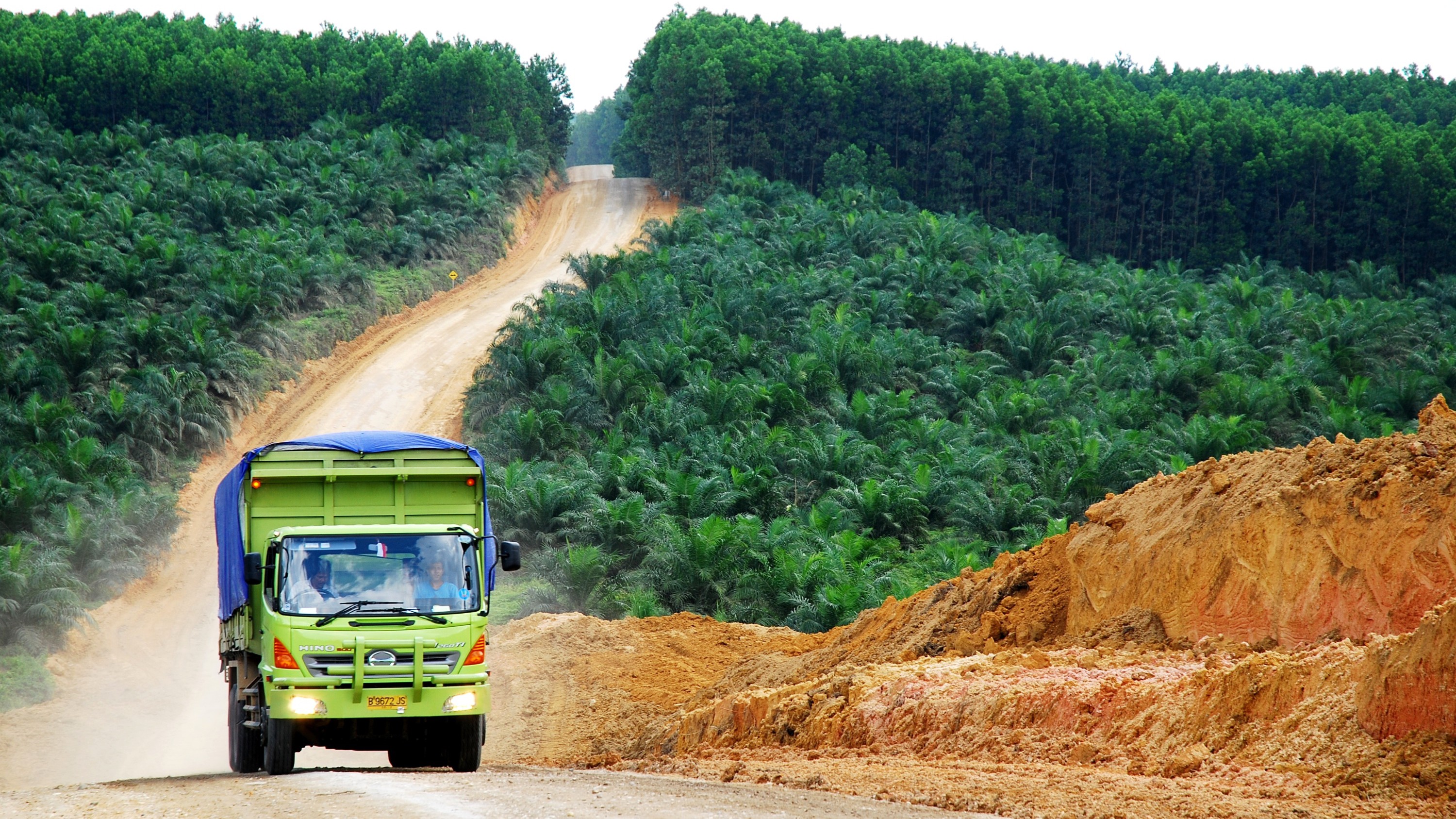The multinational vegetable-oil giant IOI Loders Croklaan has just made a commitment to produce palm oil without causing deforestation. This is the latest in a series of such commitments, and it means that 75 percent of all the palm oil produced will be grown without cutting down rainforests.
Up until now, farmers who wanted to grow oil palms cleared jungles, threatening the creatures that live there and exposing carbon-rich peat (which leads to thousands of tons of greenhouse gas emissions per hectare).
Glenn Hurowitz of Forest Heroes led the negotiations with IOI Loders Croklaan. “IOI’s move signals that palm-oil companies who engage in deforestation really have nowhere left to go,” Hurowitz said in a press release. “There’s no longer any excuse for responsible consumer companies to purchase from rogue actors.”
In other words, if you need to get palm oil, there’s now no reason you can’t get responsibly produced palm oil. Which is good, because food and cosmetic companies have found palm oil incredibly useful.
In a solid piece surveying the issue in Ensia, Michael Kodas points out that it may be almost impossible to eliminate its use. Solutions are more likely to come from finding a replacement oil with similar properties, or from these corporate commitments, through the Roundtable on Sustainable Palm Oil.
The next step is to insure that these companies stick to their commitments. Forest Heroes has recently criticized IOI for deforestation and human rights abuses. The group said it would be scrutinizing the transition to more responsible practices.
So congratulations to Forest Heroes, and IOI, and … the entire world! All the palm-oil companies who have signed on to the new responsibility commitments — IOI, Wilmar International, Golden Agri-Resources, Cargill, and Bunge — deserve a thumbs up. But if they don’t follow through, any positive publicity they’ve earned will be swamped by jeers. It’s one thing to pillage the planet; it’s even worse to keep doing it after promising to stop.



